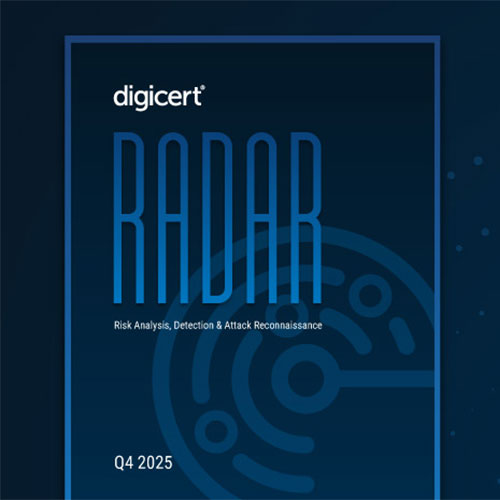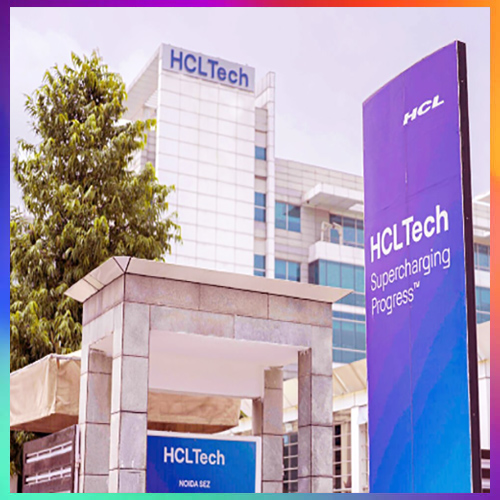
A recent Google DeepMind study predicts Artificial General Intelligence, mirroring human cognitive abilities, could materialize within the decade, posing an existential threat. The research emphasizes the urgency of preemptive safety measures by AI creators to avert potential catastrophe.
The paper, co-authored by DeepMind's Shane Legg, categorizes AGI dangers into misuse, misalignment, errors, and systemic vulnerabilities.
Intentional exploitation of AI to inflict damage is a primary concern. Artificial General Intelligence (AGI) transcends task-specific AI, enabling broad reasoning and problem-solving, akin to human intellect, across diverse domains.
Google's analysis identifies four hazard categories, with a focus on preventing malicious actors from accessing potent AI capabilities.
The study underscores the profound impact of AGI, citing extinction-level events as clear examples of severe harm.
The report highlights that AGI, unlike conventional AI, can apply knowledge across varied fields without task-specific programming.
This broad applicability, while revolutionary, raises acute safety concerns. Google advocates for proactive strategies to mitigate these risks and ensure responsible AGI development.
The research emphasizes the necessity for developers to prioritize safety protocols, acknowledging the potential for AGI to cause ir-reparable harm.
This initiative signals a growing awareness within the AI community of the need for robust safeguards as AGI approaches realization.
See What’s Next in Tech With the Fast Forward Newsletter
Tweets From @varindiamag
Nothing to see here - yet
When they Tweet, their Tweets will show up here.





























